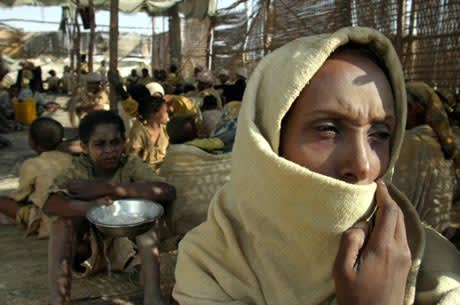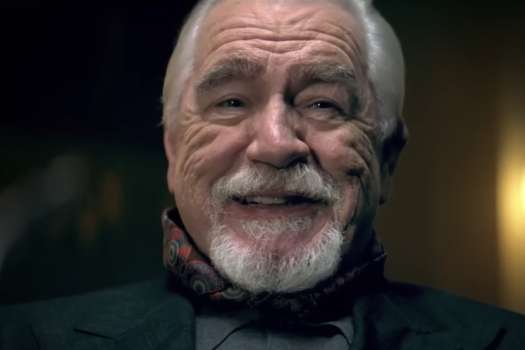There is nothing quite like the experience of sitting through a heavy-handed, two-and-a-half-hour movie about racial intolerance, global politics and ethnographic history only to have the final scene, which is intended to be entirely powerful and cathartic, inspire a shocking degree of unintentional laughter. It truly is something to behold for the sake of sheer misguidance and awe. Leading up to this, however, is a film that starts out with acute observations, affecting moments and deliberate pacing only to wind up rushing through major plot points and offering blunt didactics by the third act. It almost seems as though the editor went through the film in sequence but became bored with the material by the end, cutting out enormous chunks of character motivations and transitions. In fact, the three very distinct segments of the film appear to have been constructed deliberately with different pacing and structural techniques, which do little to help the film gel into a whole, especially given the episodic nature of the entire ordeal. These segments follow three stages in the life of Schlomo (Moshe Agazai, Mosche Abebe and Sirak M. Sabahat), an orphaned Ethiopian child who is passed off as a Falasha when "Operation Moses brought many Ethiopian Jews from Sudan to Israel back in the mid-80s. His initial culture shock and adoption by Israeli left-wingers Yaël and Yoram Harrari (Yaël Abecassis and Roschdy Zem) are handled the most effectively, capturing Schlomos despondency and initial anxieties with sincerity. However, when the film transitions to his adolescence and adulthood it breaks at the seams. Issues of racial segregation and political affiliations take over the narrative, and characterizations are reduced to sheer issue-based commentary for the sake of making an already obvious point. The DVD release includes a 45-minute making-of documentary, as well as some bizarrely edited bloopers, location scouting and deleted scenes. They chronicle filmmaking struggles and the question of authenticity and are unfortunately only available in French.
(Seville)Live and Become
Radu Mihaeleaunu

BY Robert BellPublished Oct 8, 2008



